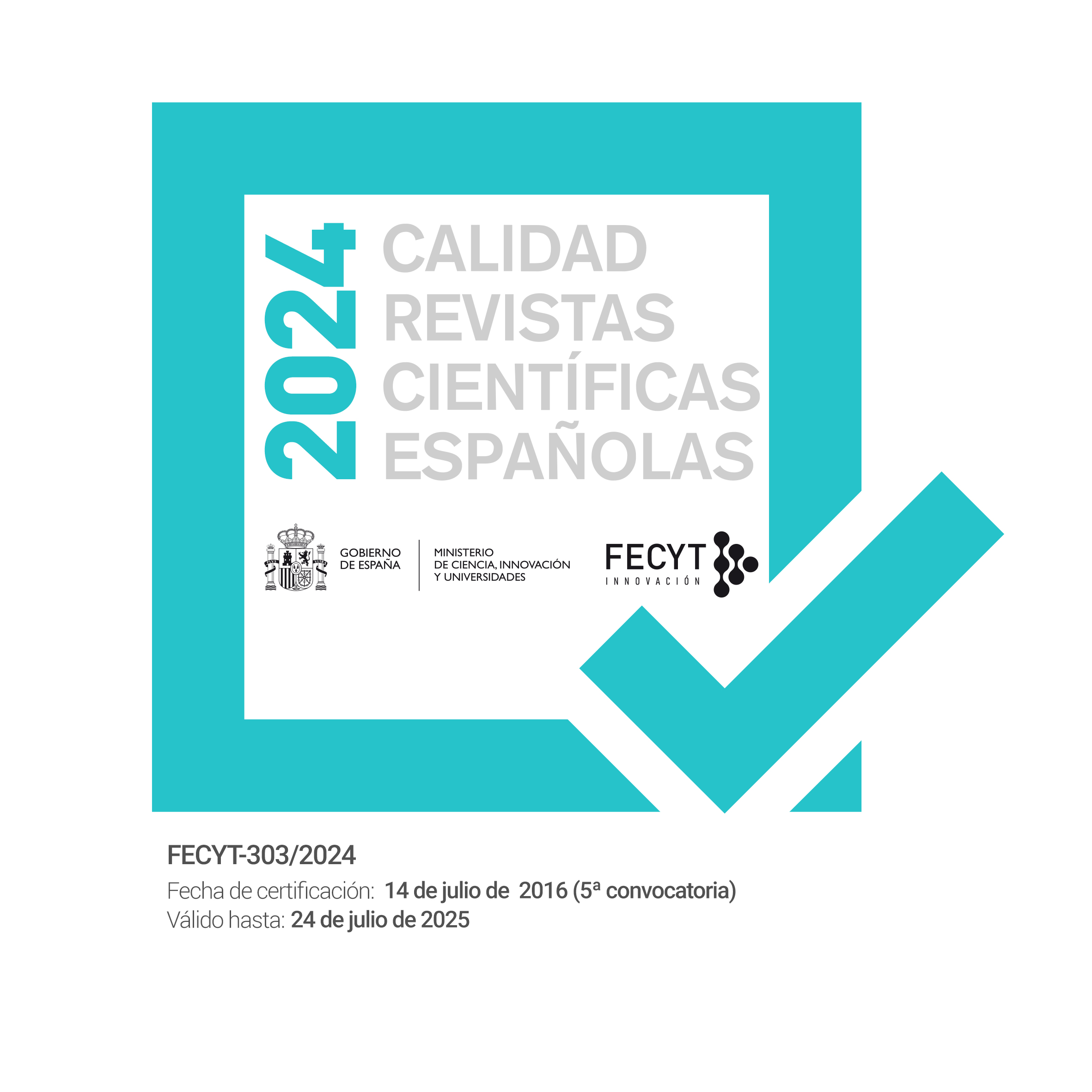A critical and comparative reading on discourse of education for economic development: the reports of World Bank as a case study
DOI:
https://doi.org/10.5944/reec.43.2023.34448Keywords:
Educative policy, Critical Discourse Analysis, World Bank, Policy comparison, Education and developmentAbstract
Documentary analysis of educational policies offers an outlook that is conducive to a comparative deepening of social phenomena to understand new ways of shaping the political power. Critical discourse analysis provides the conceptual and methodological elements that allow us to approach to documentary analyses using the tools necessary to examine the underlying forms of representation and action and discursive strategies. With these methodological tools, five World development reports published in the end of decades are analyzed, as typical texts of globalization, and work as a case study to recognize the discursive characteristics that remain and change in conception of education for development. This discourse analysis of the respective reports allows us to identify the profound adjustments, not only in terms of the conception of development over the last 50 years, but also in terms of function of educative policy in this development. It is concluded that critical discourse analysis is an approach that allows us to focus on discursive practices as social practices and on policy design in a historical perspective. The selection of hyper-institutionalized and highly policy-referenced texts such as the World development reports, allows for a comparative approach to both their current incidence and in historical perspective the phase of policy design at the global level
Downloads
References
Bartlett, L. y Vavrus, F. (2016). Rethinking case study research: A comparative approach. Routledge.
Bray, M. y Kai, J. (2010). La comparación de sistemas. En Y. Rui, M. Bray, B. Adamson y M. Mason (eds.). Educación comparada. Enfoques y métodos (pp. 159-182). Granica.
Chouliaraki, L. y Fairclough, N. (1999). Discourse in late modernity. En Discourse in Late Modernity (pp. 1-18). Edinburgh University Press.
Dale, R. (2002). Globalización: ¿un nuevo mundo para la educación comparada? En Formación del discurso en la educación comparada (pp. 69-90). Ediciones Pomares-Corredor.
Fairclough, N. (1992). Discourse and Social Change. Polity press.
Fairclough, N. (2001). Critical discourse analysis as a method in social scientific research. Methods of critical discourse analysis, 5(11), 121-138.
Fairclough, N. (2003). Analysing discourse: Textual analysis for social research. Psychology Press.
Fairclough, N. (2013). Critical discourse analysis: The critical study of language. Routledge.
Griffiths, T. (2010). Dependency Theory and World Systems Analysis in Comparative and International Education. En T. D. Jules, R. Shields y M. A. Thomas (eds.). The Bloomsbury Handbook of Theory in Comparative and International Education (pp. 87-104).Bloomsbury
Jules, T. (2021). Transitologies in Comparative and International Education. En T. D. Jules, R. Shields y M. A. Thomas (eds.). The Bloomsbury Handbook of Theory in Comparative and International Education (pp. 415-427).Bloomsbury
Jules, T., Arnold R., Pravinharan, B. y Desdimoni, V. (2021). Neo-Gramscian Theory in Comparative and International Education. Power, Ideas, and Institutions. En T. D. Jules, R. Shields y M. A. Thomas (eds.). The Bloomsbury Handbook of Theory in Comparative and International Education (pp. 249-262).Bloomsbury.
Meyer, M. (2001). Between theory, method, and politics: positioning of the Methods of critical discourse analysis. Methods of critical discourse analysis 113, 14.
Rui, Y., Bray, M., Adamson, B. y Mason, M. (2010). La comparación de políticas. En Y. Rui, M. Bray, B. Adamson y M. Mason (eds.). Educación comparada. Enfoques y métodos (pp. 295-320). Granica
Schriewer, J. (ed.) (2002). Formación del discurso en la educación comparada. Ediciones Pomares.
Van Dijk, T. A. (1999). Ideología: una aproximación multidisciplinaria (pp. 266-286). Gedisa.
Van Dijk, T. (2004). De la gramática del texto al análisis crítico del discurso. Una breve autobiografía académica. Revista Colombiana de Educación, 46. doi: https://doi.org/10.17227/01203916.5508
Van Dijk, T. A. (2019). El discurso como interacción social. Gedisa.
Van Dijk, T. A. y Mendizábal, I. R. (1999). Análisis del discurso social y político. Editorial Abya Yala.
Welch, A. (2021). Neoliberalism in Comparative and International Education. En T. D. Jules, R. Shields y M. A. Thomas (eds.). The Bloomsbury Handbook of Theory in Comparative and International Education (pp. 201-215). Bloomsbury
World Bank (1979). World development report 1979. Oxford University Press. https://openknowledge.worldbank.org/handle/10986/5962
World Bank (1989). World development report 1989. Financial systems and development. Oxford University Press. https://openknowledge.worldbank.org/handle/10986/5972
World Bank (1999). World development report 1999/2000. Entering the 21st century. Oxford University Press. https://openknowledge.worldbank.org/handle/10986/5982
World Bank. (2008). World development report 2009: Reshaping economic geography. The World Bank https://openknowledge.worldbank.org/handle/10986/5991
World Bank. (2018). World development report 2019: The changing nature of work. The World Bank. https://www.worldbank.org/en/publication/wdr2019
Wodak, R. y Meyer, M. (2003). Métodos de análisis crítico del discurso. Gedisa.
Yusuf, S. (ed.) (1999). Entering the 21st Century: World Development Report, 1999/2000 (vol. 22). World Bank.
Downloads
Published
How to Cite
Issue
Section
License
Copyright (c) 2023 Sayra Benitez Arenas

This work is licensed under a Creative Commons Attribution-NonCommercial 4.0 International License.

Acknowledgement – Non Commercial (by-nc): Generation of derivated Works is allowed as long as a commercial use is not developed. The original work cannot be used with commercial aims.
This journal does not apply any fee to the authors by the filing or processing of articles.












